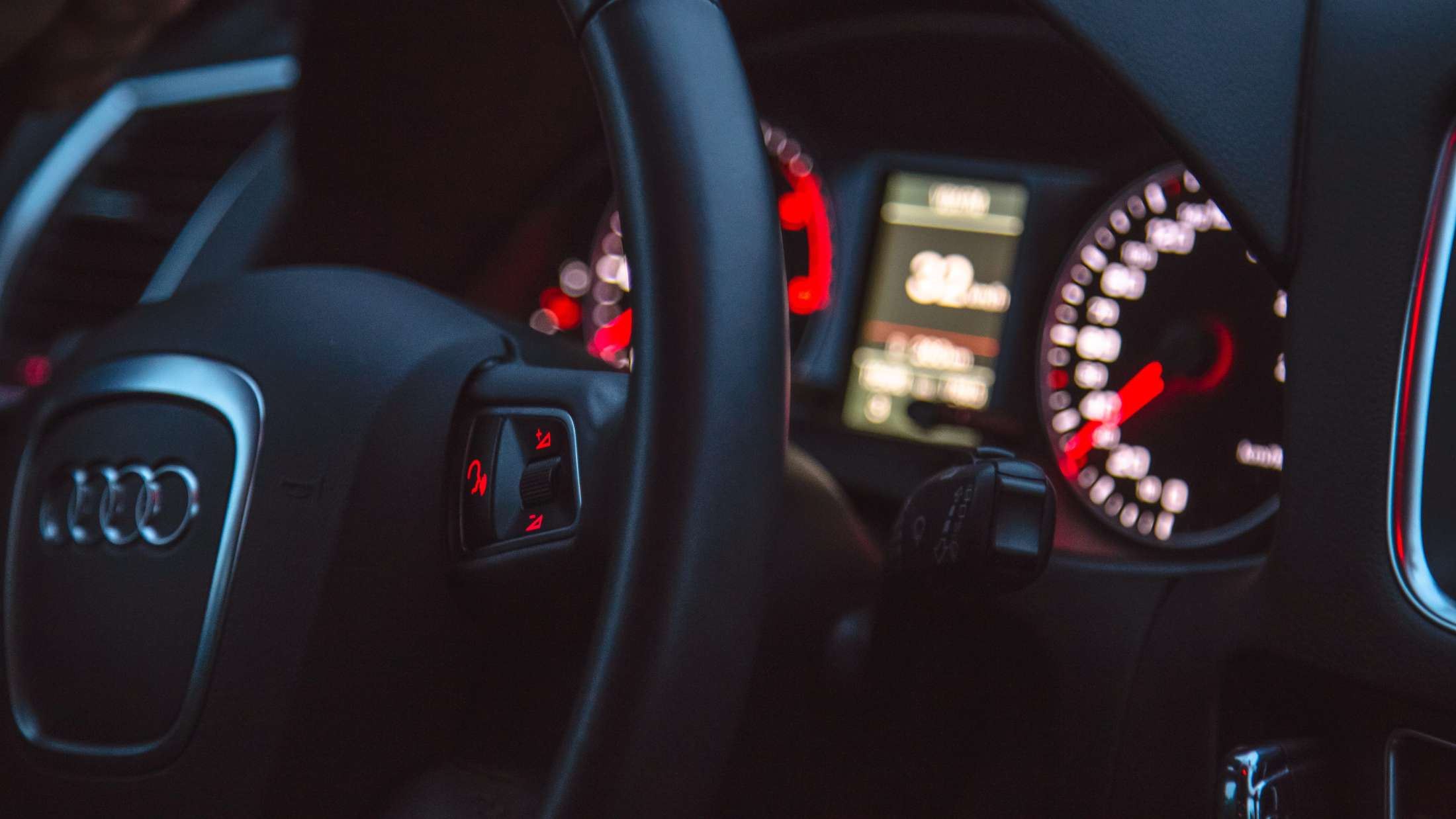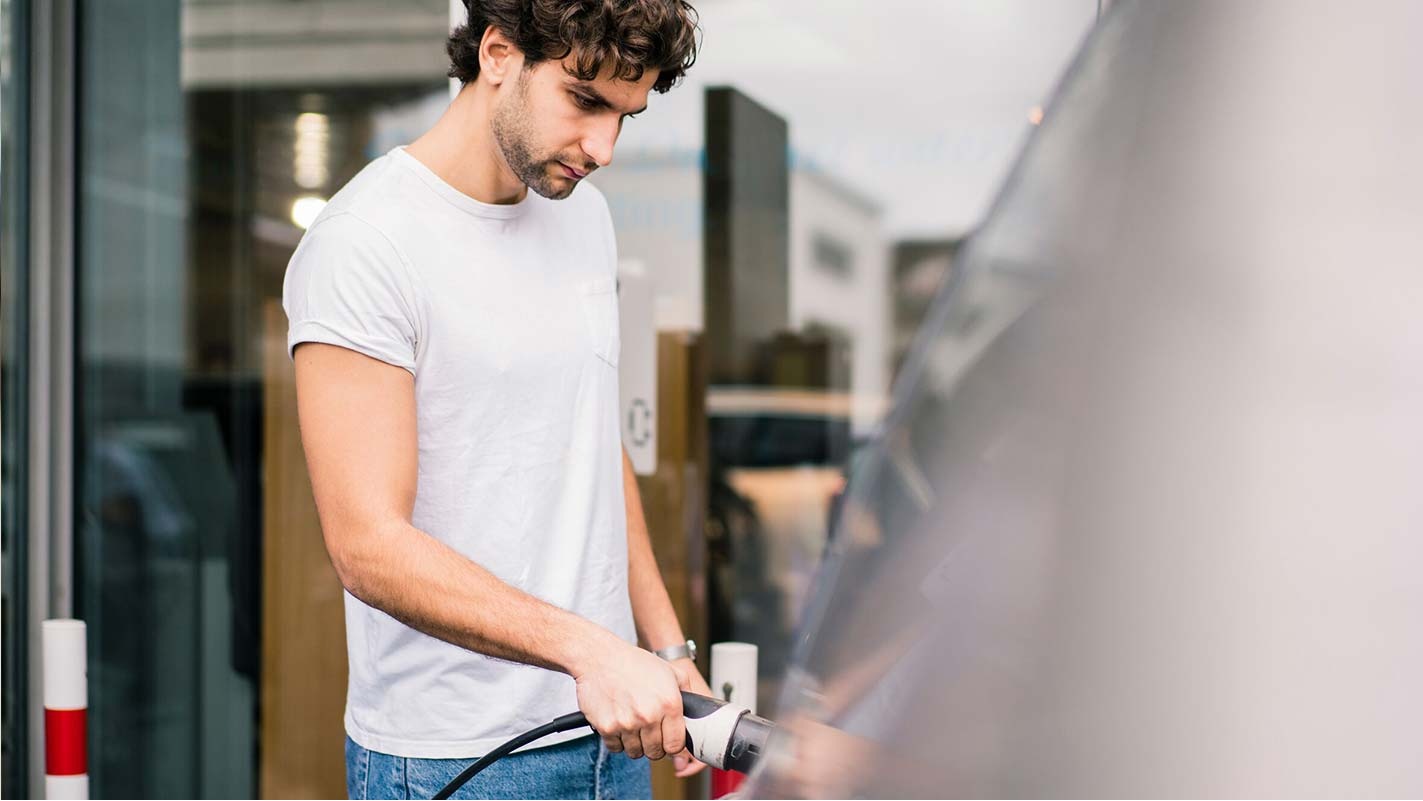Longer days. Warmer weather. Summer is the time to hit the road for sunshine-soaked adventures. But the sunny season can be tough on your car - pushing underlying problems to the forefront.
But how can you make sure car troubles don't lead to an abrupt ending to your summer road trip? Here, we examine seven common problems that can plague your car in the summer months and the warning signs to look out for:
- Overheating
- Flat tyres
- Loud brakes
- Worn clutch
- Flat or faulty battery
- Low oil pressure
- Running out of fuel
Overheating
As the mercury rises, your car can get extremely hot. This means your coolant system must work much harder. When you’re driving on sunny days, keep your eyes on the temperature gauge and look out for the lit radiator icon on your dashboard.
How to avoid overheating? Check your coolant levels regularly and top up when needed. If your engine’s drive belts are in good condition, you'll reduce your risk of overheating.
Flat tyres
High temperatures can aggravate existing tyre damage, and if they’re under-inflated, this can cause even more problems. When soft tyres meet a hot road, the increased friction generates more heat, which can deteriorate weak spots further.
How to avoid a flat tyre? Check the pressure of your tyres regularly and before long journeys. Not sure of the right pressure for your tyres? Consult your vehicle handbook or check what’s listed on the sticker inside your car (normally in the driver’s door). Check the tread and depth of all four tyres each week and replace any with cracks or continual low pressure.
Loud brakes
Strictly speaking, you won’t break down due to faulty brakes. But not being able to stop makes it impossible to drive safely!
If you’re hearing squealing or grinding, or experiencing pulling when you put your foot on the brakes, it could be time for new brake pads or more brake fluid.
How to avoid faulty brakes? Check your brake fluid levels weekly and top up as needed. Get noisy brakes checked out by a professional to decide if you need replacement pads or discs.
Worn clutch
Warm weather can cause your clutch to wear down quicker, which can add to the strain on it if your journey – especially if it’s full of stops, starts, or hills.
Signs of a worn clutch can include:
- Shuddering as your vehicle pulls away.
- Your clutch slips when you accelerate quickly in a high gear.
- A burning smell whenever you lift your clutch.
How to avoid a worn clutch? If you notice any of the above signs, take your car to a garage to get your clutch checked out. You may need a replacement.
Flat or faulty battery
Warm weather puts more pressure on your car's battery. If you’re on a long-haul journey in the summer, your battery's likely to be under added strain from air con, sat navs, and other gadgets you've got plugged in. All of this can cause your battery fluid to diminish.
How to avoid a flat battery? If you’re concerned about your battery, get a professional to check it. They'll make sure the connections are secure and it’s free from corrosion - and can even do a 'health test' to tell you how your battery's performing.
If you don’t make long journeys regularly your battery won’t have much time to charge. Why not invest in a car battery charger to keep it in great condition?
Low oil pressure
As it gets hotter, oil becomes thinner and runnier. This makes it harder for it to stick to, and lubricate, the moving parts of the engine. This can increase wear on crucial parts of the engine and result in it seizing up completely, which can be pricey to replace.
How to avoid low oil pressure? Check your car’s oil levels weekly and top up as needed. Be careful not to go overboard though. Too much oil can flood your engine and lead to extensive damage.
Running out of fuel
Itmight sound obvious but running out of fuel is one of the most common (and preventable) reasons for car breakdowns. It's especially easy to do while you’re absorbed in the long hours of a road trip, or caught in heavy traffic.
How to avoid running out of fuel? Keep a close eye on the fuel gauge during long journeys. If you’re in an unfamiliar area, try not to let your fuel level fall below the quarter tank level.
No matter how prepared you are, these incidents aren’t fully avoidable. Use your senses: whether it’s flashing lights on your dashboard, strange smells, loud noises or something just doesn’t feel right, trust your gut and get your car checked out before heading out on a drive.
Think about getting car insurance with breakdown cover, too. That way, if your car fails, AXA can get you back on the road as quickly as possible.












